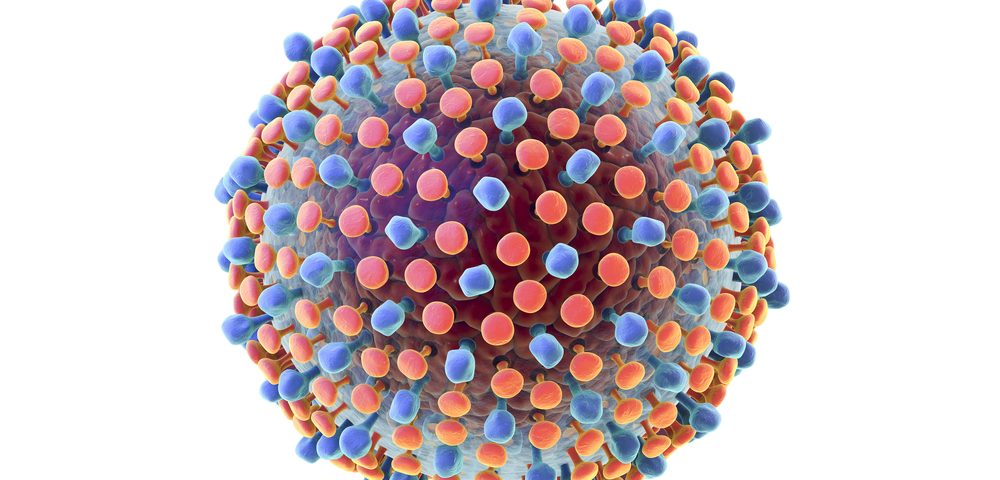Harvoni (ledipasvir/sofosbuvir) may become a potential treatment for children with chronic hepatitis C virus (HCV) infection and adults with hepatitis B virus (HBV), according to results of two clinical trials conducted by Gilead Sciences.
The data were presented recently at The International Liver Congress 2017 in Amsterdam, The Netherlands.
Harvoni is a once-daily combination pill approved for the treatment of HCV genotypes 1, 4, 5 and 6 (disease forms) in adults and children aged 12 or older and weighing at least 35 kilograms (77 pounds).
The Phase 2 study with children tested the benefits of once-daily Harvoni (ledipasvir 45 mg/sofosbuvir 200 mg) in 90 HCV-infected children aged 6-11 years old. The standard of care for children of this age range is interferon plus ribavirin (RBV) for up to 48 weeks.
All but one patient in the study were cured (99% cure rate). The treatment had a duration of 12 or 24 weeks, depending on the genotype of the virus. Common side effects were mild to moderate, and included headache, diarrhea, vomiting, nausea and fatigue.
The other Phase 2 study tested the safety and effectiveness of Harvoni in 111 adults with HCV genotype 1 or 2 and active HBV infection (these patients were not receiving HBV treatment). All patients were cured, including those in whom other HCV treatments had failed.
The most common side effects were headache, upper respiratory infection and fatigue. Of the original number of patients, 23 had an increase in the amount of HBV DNA, but none experienced HBV reactivation.
“Gilead continues to study the safety and efficacy of our medicines in HCV-infected patients with unmet medical need, to help realize the potential for cure,” Norbert Bischofberger, PhD, Gilead Sciences’ chief scientific officer, said in a press release. “In these studies of younger children with hepatitis C and HCV/HBV co-infected patients, Harvoni achieved high cure rates and demonstrated safety consistent with the known profile of the drug,” he said.
Hepatitis C is a slow-progressing disease that primarily affects the liver due to infection by HCV. The infection can induce liver damage, and chronically infected patients are prone to liver-related problems, including cirrhosis (destruction of normal liver tissue) and cancer, and may consequently require a liver transplant. HCV infection can be spread by intravenous drug use, poorly sterilized medical material and blood transfusions.
Harvoni recently was added to the list of approved medications for the treatment of HCV in pediatric patients ages 12-17 by the U.S. Food and Drug Administration (FDA).

